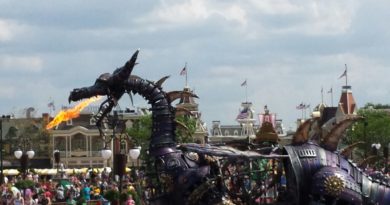Marvel’s Captain America: Civil War (Maggie’s Review)
From the first fight sequence of Captain America: Civil War, Anthony and Joe Russo capture the qualities that have made Marvel’s recent films the quintessential modern superhero movie. Tightly coordinated fight scenes and suspenseful action sequences are balanced by the easy rapport of the heroes to instantly establish the familiar, fast-paced world of the Avengers. Where Civil War diverges from its predecessors is in the nature of its conflict. While not as large-scale or catastrophic as the threats faced in prior films, the conflicts of Civil War are complex, emotional and deeply personal.
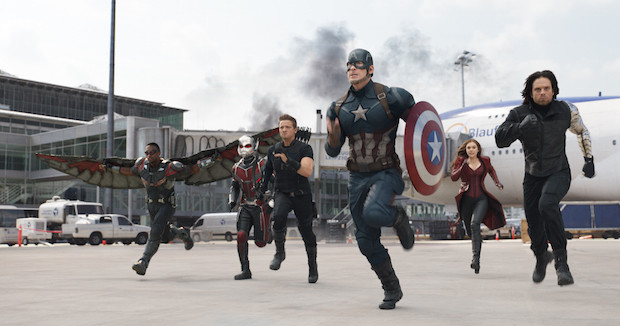
The film opens on a group of Avengers confronting a potential threat in Lagos, Nigeria. The team, which includes Captain America (Chris Evans), Black Widow (Scarlett Johansson) and Falcon (Anthony Mackie), works to take down a familiar enemy while honing the skills of newest recruit Scarlet Witch (Elizabeth Olsen). The fight takes a turn for the worse, resulting in citizen casualties and an international outcry to control “enhanced individuals,” like the Avengers. Naturally, the team is split on acceptance of such limitations, and the film deals with the resulting collision between the two factions. Further complicating the intra-Avenger spat is the reappearance of Bucky Barnes (Steve Rogers’s best friend and brain-washed assassin as portrayed by Sebastian Stan), the arrival of new allies to both sides of the conflict and a mysterious external force, manipulating the two sides to unknown ends.
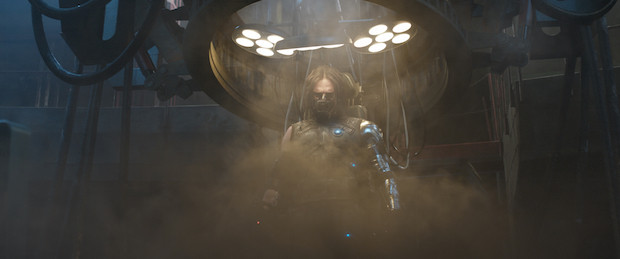
Civil War met and exceeding my expectations. As a comic book reader and Captain America fan, I was nervous about this particular arc being brought to life. However, the Russo brothers conquered the tension and interpersonal conflicts of Civil War while maintaining the elements that make the Captain America films so popular. Pulse-pounding fights and epic chase scenes are interspersed with small moments that developed new relationships among the ever-growing Avengers team.
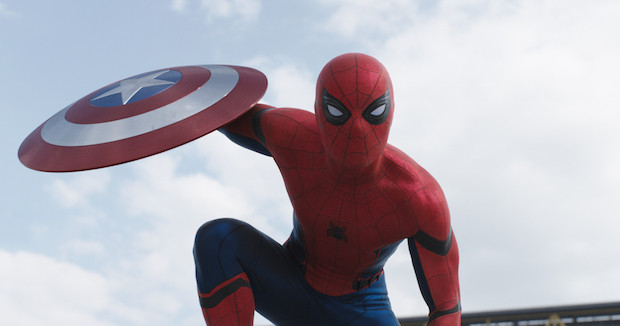
Captain America: Civil War introduces three new members of the Avengers pantheon, two of which have never been seen in the current Marvel Cinematic Universe: Spiderman (Tom Holland) and the Black Panther (Chadwick Boseman). Spiderman and Antman (Paul Rudd) both participate in the now-famous “Airport Fight” from Civil War’s trailer, and each character brings humor and freshness to the battle.
T’Challa’s Black Panther plays a more significant role in the plot of the movie and is developed more as a character on his own and in his interactions with the Avengers. The introductions of Spiderman and Black Panther were both well executed, and their appearances were meaningful to the plot and action of the film, not just throw-away cameos. Bucky Barnes is also developed further in this film, and the audience not only gets more information on his time as the Winter Soldier, but also sees the renewal of his friendship with Steve and the formation of new alliances.
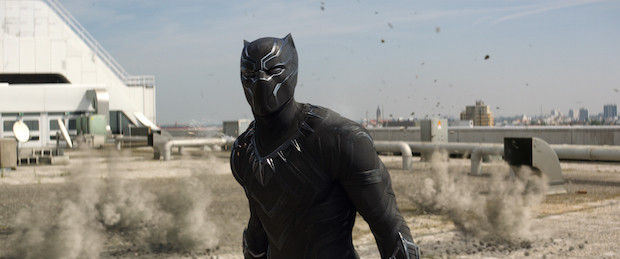
My issues with the film are abstract and ultimately trace back to the comics. Much of the conflict in the film can feel overwrought, a result of miscommunications or characters simply unwilling to engage beyond the surface of an issue. From the introduction of the Sokovia Accords through the remainder of the film, it feels like blame is often assigned haphazardly and with little regard to the reality of a situation. Despite these cases, there are conflicts within the film that are seated in personal history and serve to develop characters, new and old, beyond what past films in the universe have achieved.
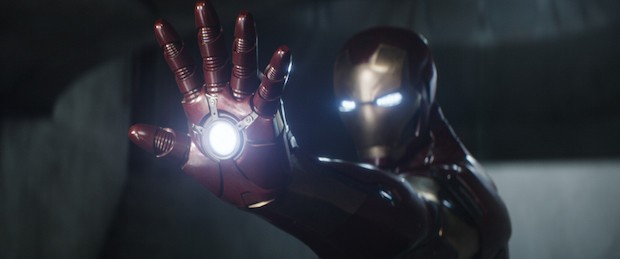
Ultimately, Captain America: Civil War fulfills exactly what I wanted from a hero vs. hero film. The film is well-paced and balances heavy action sequences with moments of light-heartedness. Development of characters and relationships root the movie in its humanity despite the extraordinary nature of its protagonists, and serve to elevate the film from a superhero blockbuster to a truly excellent movie.

